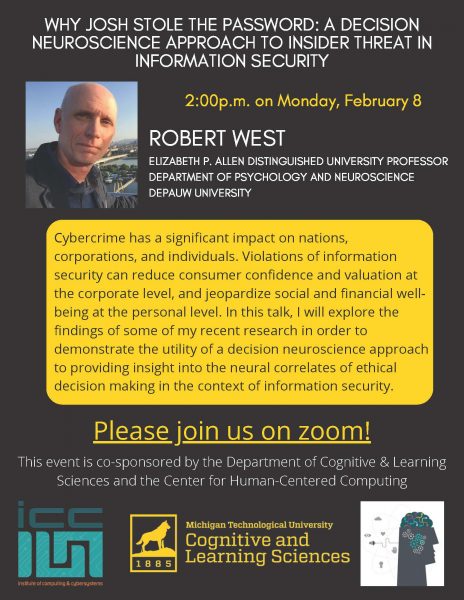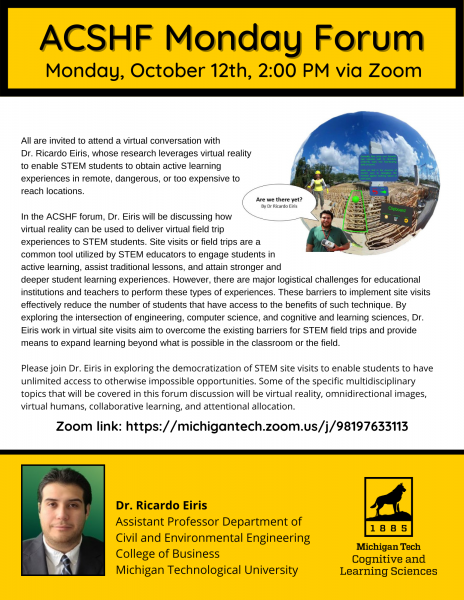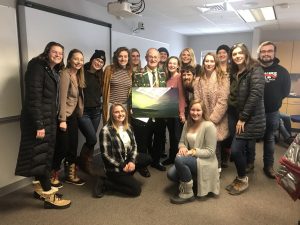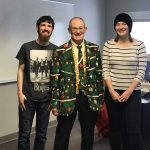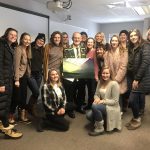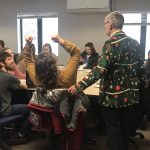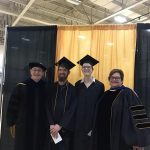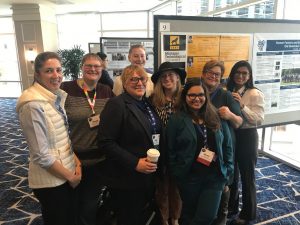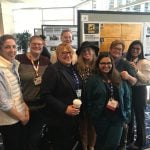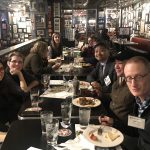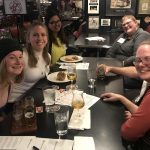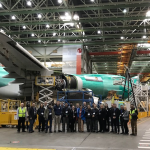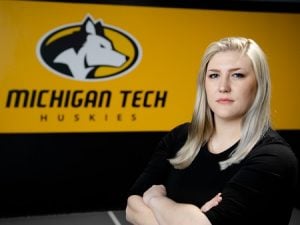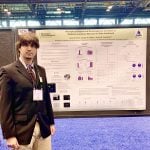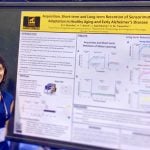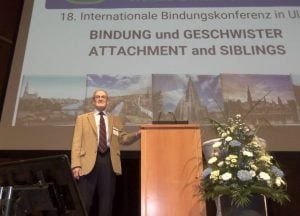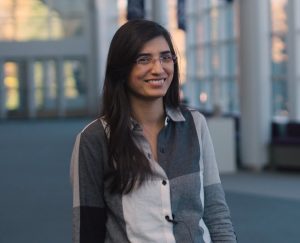Cyber crime has a significant impact on nations, corporations, and individuals. Violations of information security can reduce consumer confidence and valuation at the corporate level, and jeopardize social and financial well-being at the personal level.
In this talk, Robert West, an Elizabeth P. Allen Distinguished University Professor in the Department of Psychology and Neuroscience of DePauw University, will explore the findings of some of his recent research to demonstrate the utility of a decision neuroscience approach to providing insight into the neural correlates of ethical decision making in the context of information security. Please join the ACSHF Forum on Zoom Monday, February 8, at 2 pm. Zoom meeting link
